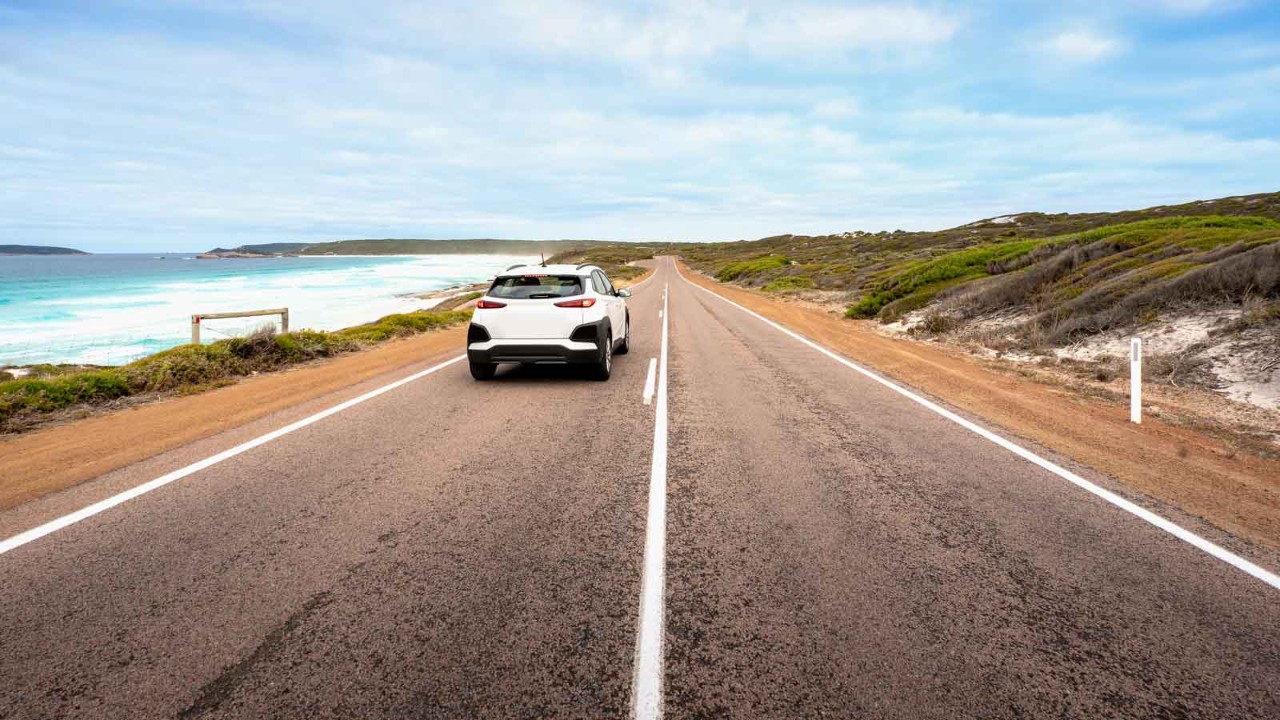The ninth-generation Toyota HiLux has arrived, bringing with it a futuristic forward exterior design, more safety and tech and the same rugged capability owners love. Will the updates tempt private buyers away from the Ford Ranger or are they just enough to keep fleets onside?
Pros and cons of buying an ex-rental car

Former rental cars can offer good value for used car buyers, but there are pitfalls too.
While new car sales have plunged during the COVID crisis, interest in used cars is on the rise as commuters eye alternatives to public transport in a pandemic.
Online classifieds site carsales.com.au recorded a 16 per cent year-on-year jump in searches for used cars in July and, unsurprisingly, the surge in demand has been accompanied by a surge in prices. Meanwhile, Moody’s Analytics reported a 25 per cent year-on-year increase in used car prices during August.
There’s much to consider when buying a used car, and price is just one aspect. But those looking for value for money might consider a former rental car.
Car-rental companies upgrade their fleets regularly to ensure they can offer customers recent models in good condition. That means they frequently need to offload a number of their older cars at once and will price them keenly to ensure a quick sale.
These cars tend to be the most popular SUV and passenger-car models on the market, so if you’re after something like a Kia Cerato or Toyota Corolla, it’s worth considering an ex-rental. You can find them on the usual car-sales websites, at vehicle auctions, or some rental companies sell them directly to the public.
But while ex-rentals can be excellent value, there are also some disadvantages, so it’s worth weighing up the pros and cons.
Pros
Price
More often than not, an ex-rental vehicle is cheaper than an equivalent privately owned make or model. For example, an ex-rental 2018 Kia Cerato S sedan listed online is priced at $16,990 driveaway, but privately owned examples start at around $19,000 before on-road costs. Rental companies usually buy large volumes of vehicles at a discount, so can justify asking a lower price to ensure a swift sale when it comes time to replace their fleet. If a vehicle is listed as an ex-rental, buyers can use this information to negotiate a lower price.
Age
To ensure their fleets are shiny and new, car-rental companies regularly upgrade their vehicles. This means the cars they sell are typically only a couple of years old. Newer vehicles will have up-to-date safety and in-car technology, so an ex-rental usually has the latest tech at a more affordable price than an equivalent privately owned vehicle.
Maintenance
Rental companies look after their cars because they know customers won’t accept anything that’s not up to scratch. Most have strict guidelines about regular servicing and their cars are usually serviced through the manufacturer’s dealer network. Some companies also have in-house mechanics to perform ad-hoc maintenance. Not only do rental companies service their cars more often than some private owners, they tend to clean them more often too. Redspot Car Rentals, for instance, says its cars are cleaned on average 115 times in 14 months.
Cons
Resale value
You are unlikely to get maximum resale for an ex-rental, compared with a privately owned car. Some buyers are wary of ex-rentals and won’t consider them. Also, rental companies might sell a large volume of a particular make/model with similar kilometres at the same time, which floods the market and forces prices down. This won’t be an issue if you’re not intending to on-sell the car in the short term.
Wear and tear
Ex-rentals are likely to have higher kilometres on the odometer than a privately owned vehicle. Some people don’t treat a rental the way they’d treat their own car, and they can also suffer more wear and tear. Rentals are also driven by many different people with many different driving styles. One renter might accelerate slowly but smash the brakes, while the next might accelerate hard and tap the brakes, all of which can lead to early wear on the car. One way to ensure an ex-rental is in tip-top shape is by arranging an RACV vehicle inspection.
Different warranty terms
Privately owned cars have different warranty terms and conditions to vehicles used for commercial purposes, such as taxis and rental cars. While a private buyer might benefit from a five-year, unlimited-kilometre factory warranty, the kilometres are usually limited for rental cars. It could be as low as 150,000 kilometres or 200,000 kilometres, depending on the make and model.


